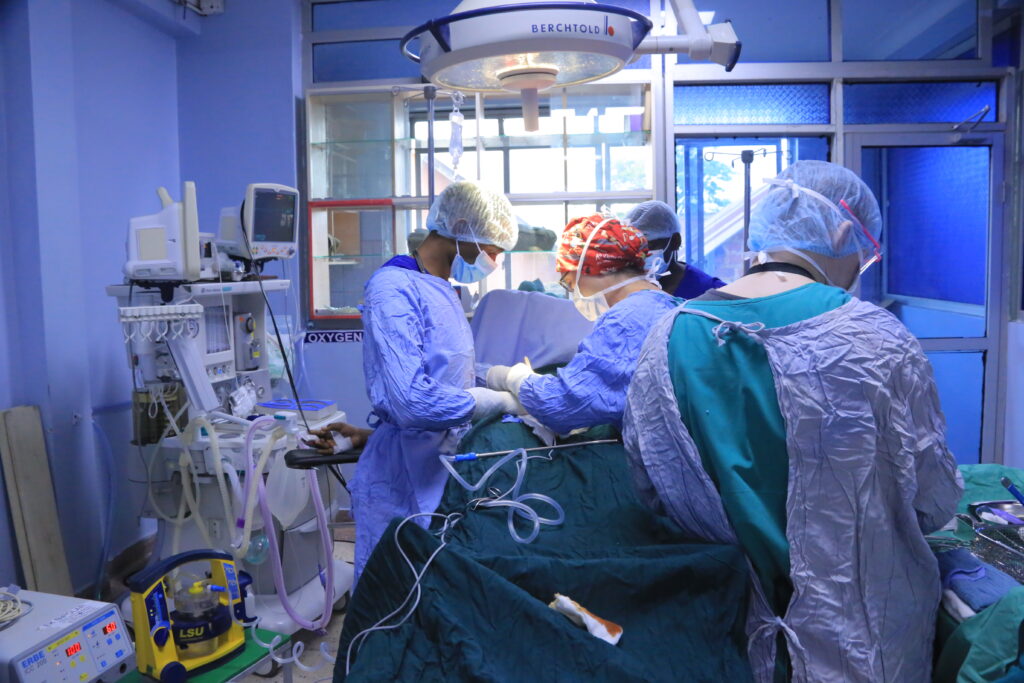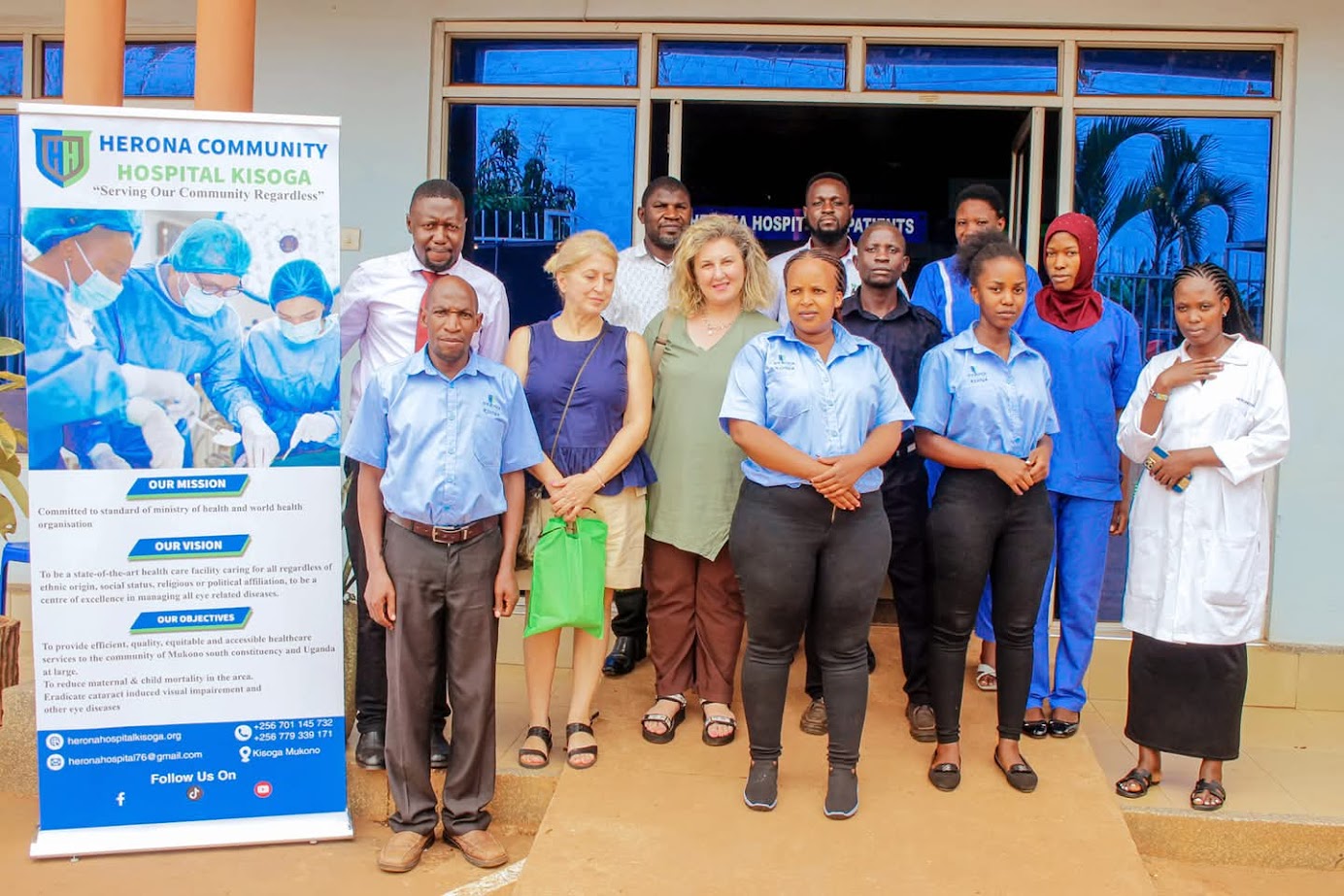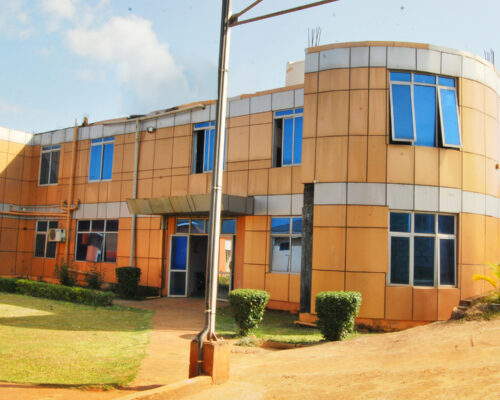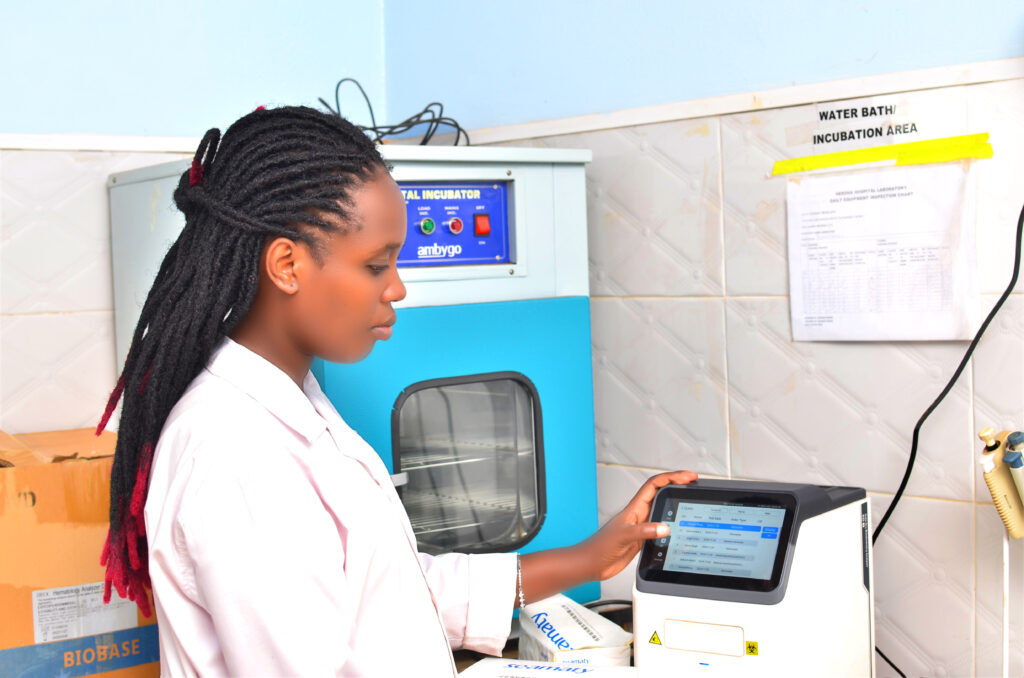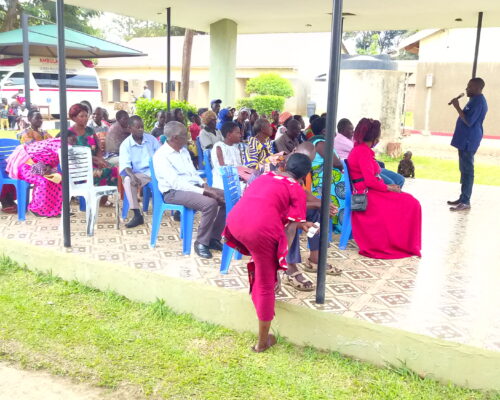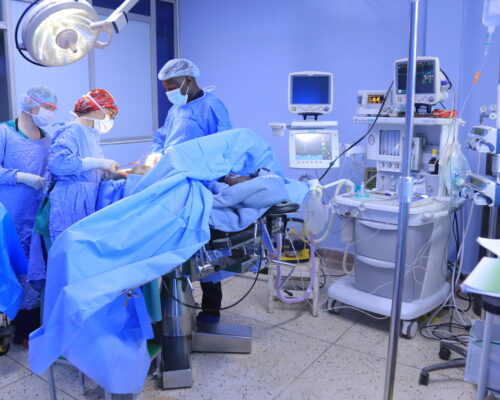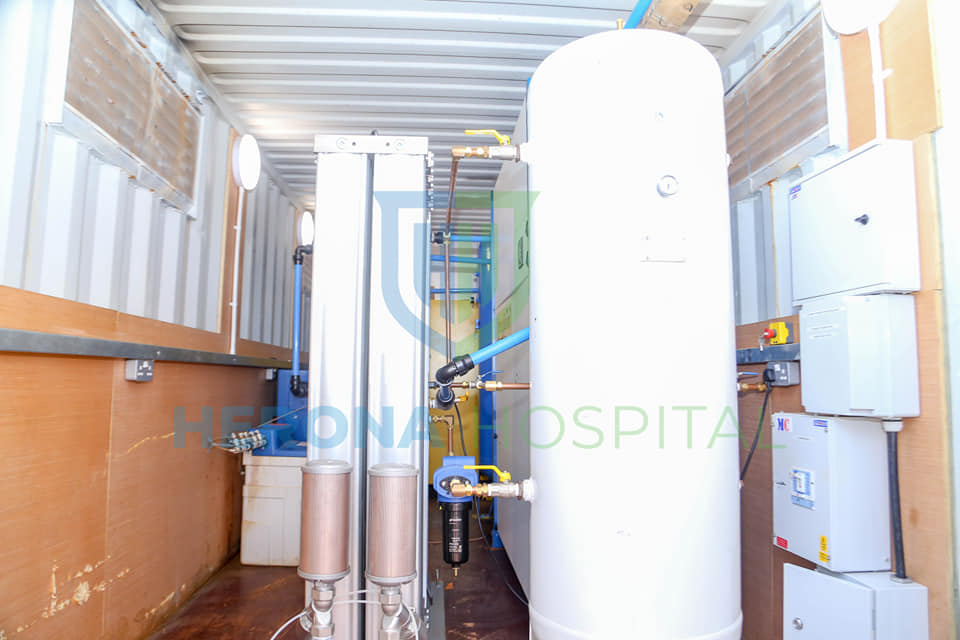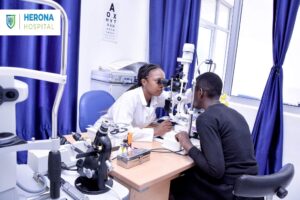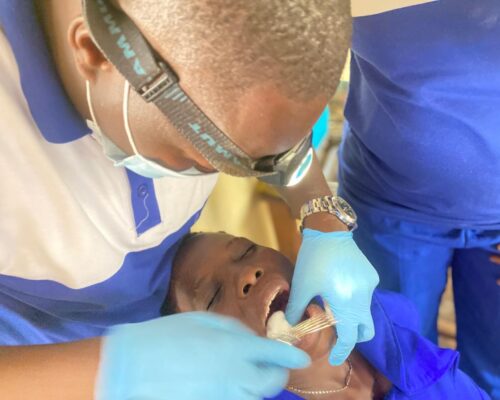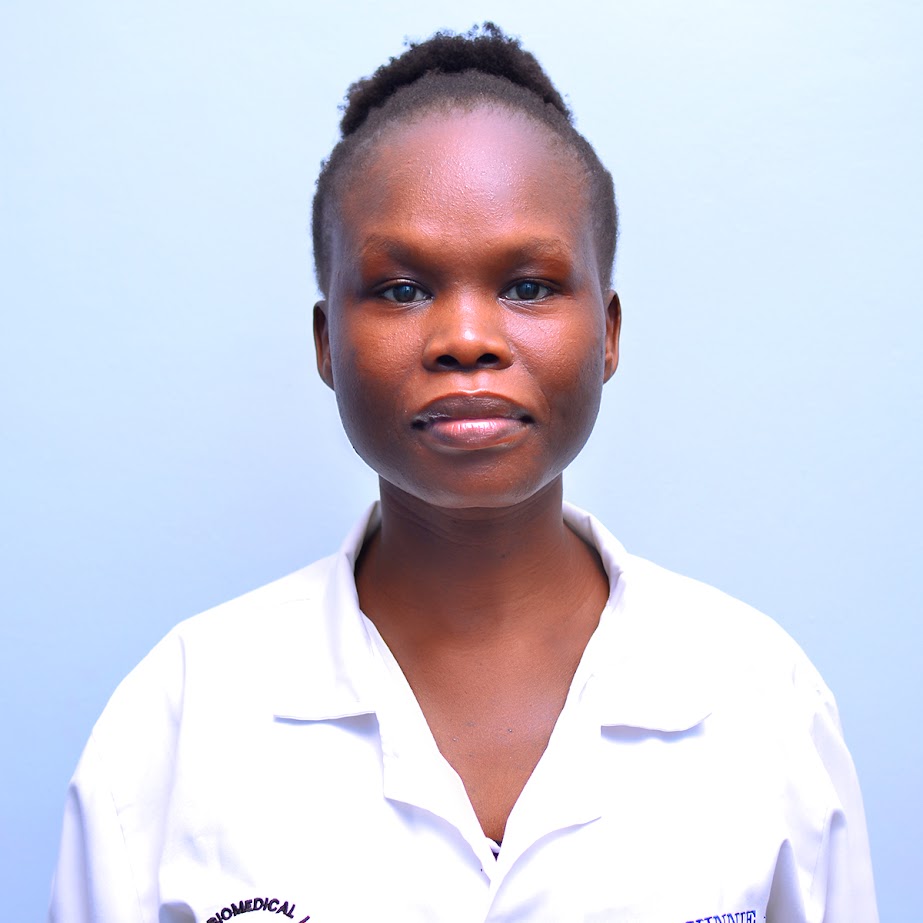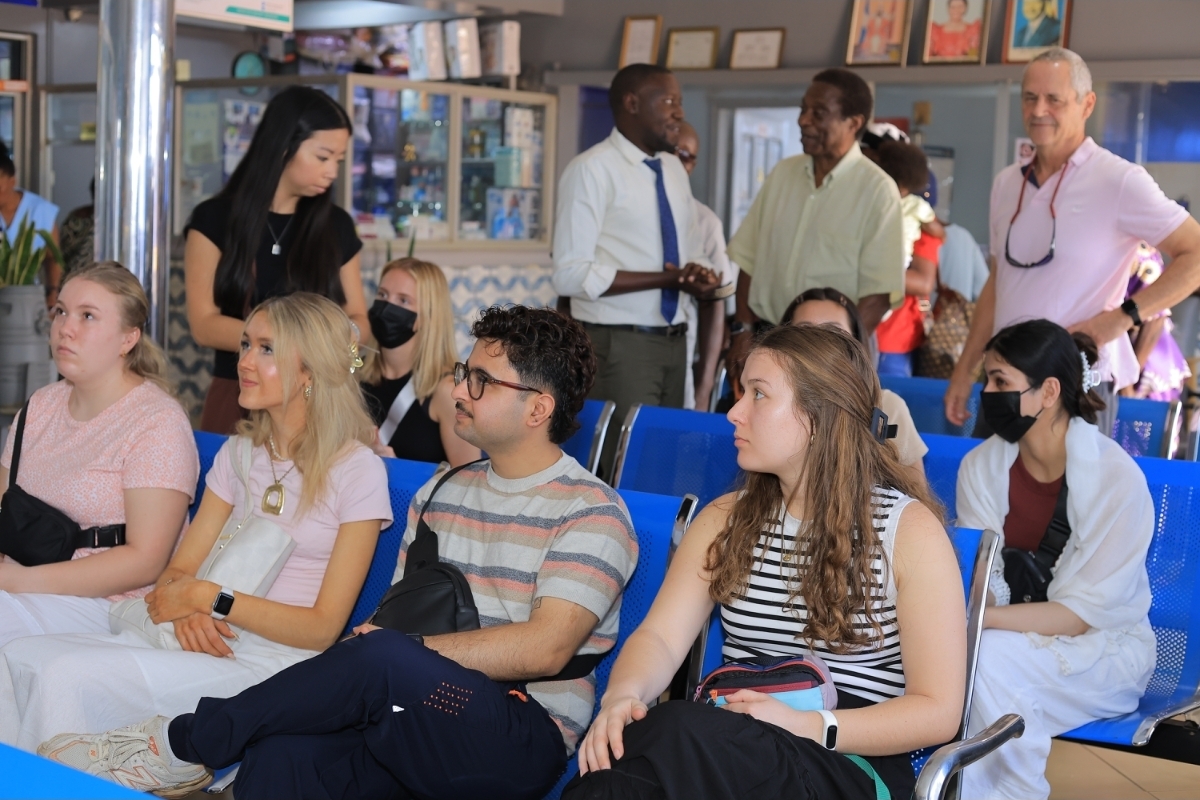Herona Community Hospital is proud and honored to congratulate Winnie Aryemo, our long-term and dedicated staff member, upon the successful completion of her Bachelor’s Degree in Medical Laboratory Technology from Makerere University. Winnie has faithfully served at Herona Community Hospital since 2016, demonstrating commitment, professionalism, humility, and passion for patient care. Her academic journey has been one of perseverance, discipline,
Read More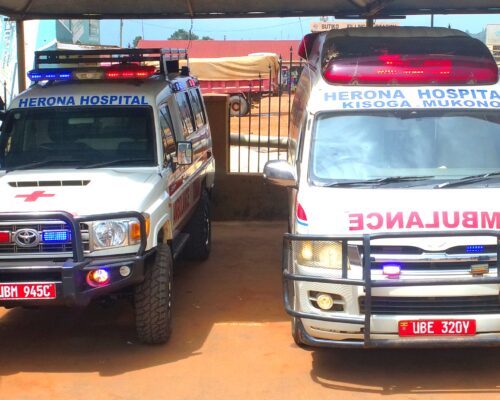
HERONA HOSPITAL 24HR RESQUE AMBULANCE
Herona Hospital offers a 24-hour rescue ambulance service to respond quickly to medical emergencies and urgent patient transport needs. 🚑 Whether it’s road accidents, sudden illness, or the need for inter-hospital transfers, the team is ready around the clock to provide timely and reliable assistance.
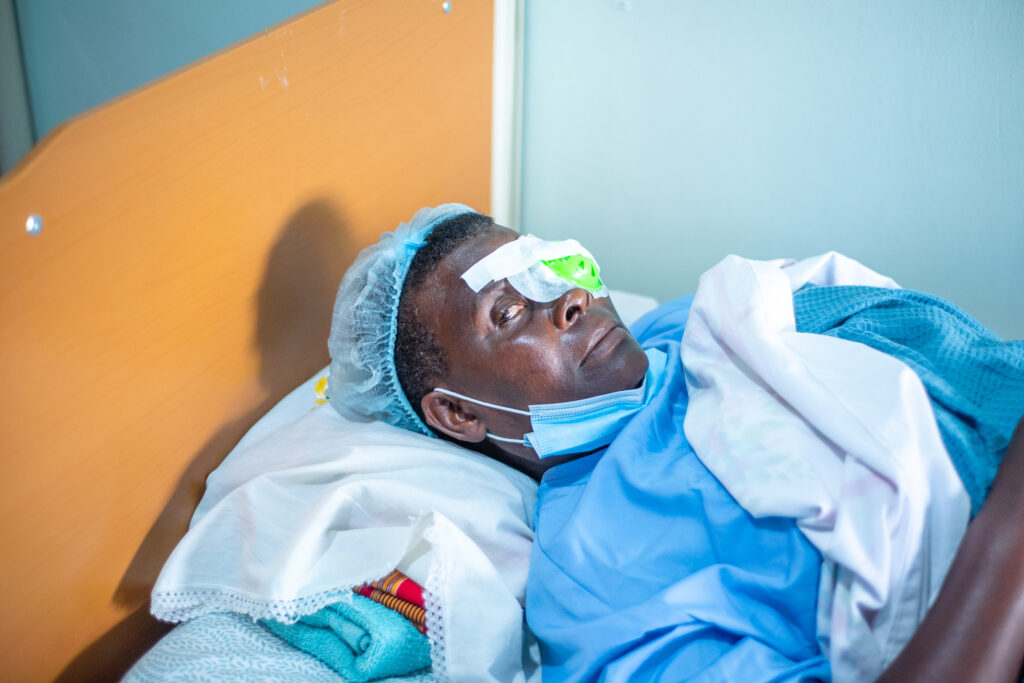
HERONA FREE CATARACT SURGERIES
Herona Hospital is committed to restoring sight and improving quality of life through its Free Cataract Surgery Program. This initiative provides safe, professional, and high-quality eye care services to patients affected by cataracts, especially those who cannot afford treatment. Our experienced medical team uses modern equipment to ensure effective procedures and proper post-surgery care, helping patients regain clear vision and independence.
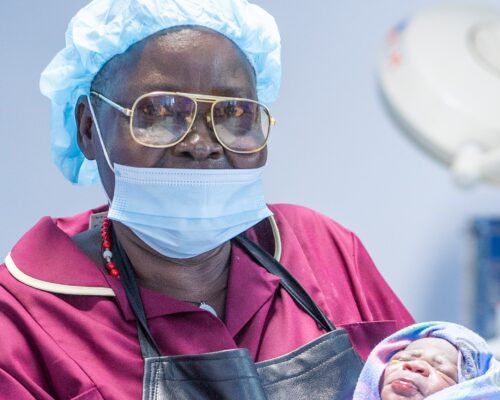
HERONA OBSTETRIC CARE SERVICES
Herona Hospital provides comprehensive and compassionate obstetric care services to support women throughout pregnancy, childbirth, and the postnatal period. Our skilled medical team offers antenatal care, safe delivery services, emergency obstetric care, and postnatal follow-up, ensuring the health and well-being of both mother and baby. We are committed to providing timely, high-quality care in a safe and supportive environment.


























